The Disappeared Yemenite Babies
Scholars and bureaucrats scoff at the idea that Yemenite Jewish babies were once kidnapped for adoption. But the theory won’t die.
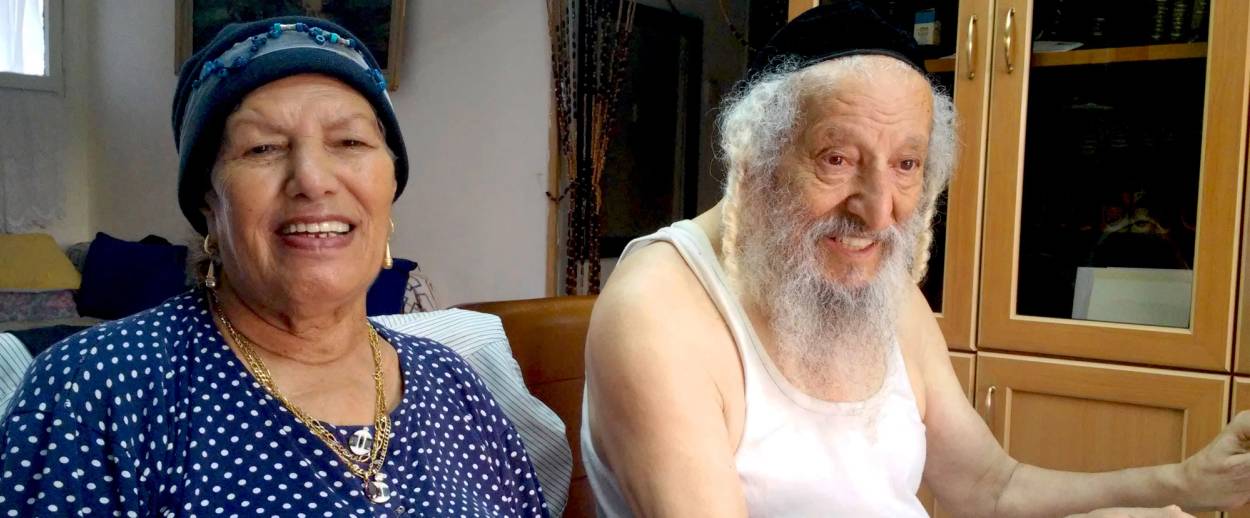
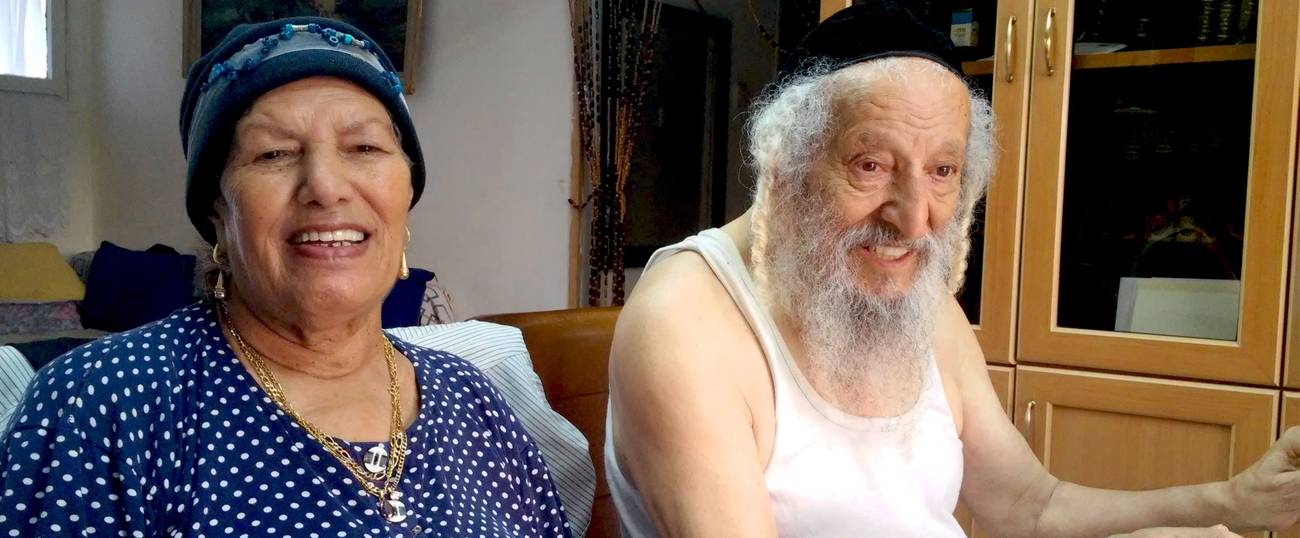


Reluctantly, Salame Ozeri opens the door to her small apartment in the back of a plain stucco building in Hadar Yosef, a working-class community in Tel Aviv. “What’s the point in talking? It won’t bring him back, will it?” she says.
She sits down at the large dining room table that takes up much of the living space. The heat is oppressive, and she frequently wipes the sweat, and the occasional tear, from her dark, heavily lined face. Once she starts to speak, the words come quickly. Now nearly 79 years old, her Hebrew is not fluent, and she fills in the words she doesn’t know in Yemenite-inflected Arabic.
“I had my first baby when I was 13, in Yemen,” Ozeri says. “And I was pregnant when I came to Israel in 1949. We lived in tents, in the cold, in the rain. I gave birth to my baby in the tent, and a few days later they came and took me to the hospital. They threw me on a bed in the corridor. I didn’t know Hebrew, I had to beg for water. I was still bleeding.
“They let me nurse my baby, then they took him away, and said they’d take care of him. Then they told me to go home. I said, ‘I’ll go home, but give me my baby.’ They said the baby shouldn’t be in a tent in the winter, and they would take care of him.
“But then the days passed and it was time for his brit. So, we went back and they told me he was gone. Gone? What does gone mean? I told them that I came from Yemen with him in my tummy and I wouldn’t leave without him. … Then they told me they’d already given him a brit, because they thought I wouldn’t come back. They named him Ben-Ami”—son of my people. “But he wasn’t the son of the people—he was my son!”
Ozeri snatched Ben-Ami back and fled back to her tent. Ben-Ami grew up, she says, to be “a wonderful man.” He died of liver disease when he was 40.
But the child they named Abraham, born six years later, also disappeared, and was never returned.
“I was pregnant several more times,” Ozeri explains, “but by then it was 1955, and I spoke a bit of Hebrew, and I was smarter. I gave birth in the hospital to a beautiful, perfect baby. And I nursed him. We had his brit, and we called him Abraham. After a few days, they told me to go home, and they would bring him to me. But when they didn’t bring him, I went back to the hospital, and they told me he had died. I said I wanted to see him, his body, so I could mourn, but they said that he was already in a grave, and they never showed me the grave.”
Ozeri recalls the long nights in the transit camps and the rough canvas tents that provided little protection and no privacy. “At night [through the tents], you could hear each woman crying for the baby they took from her. I had 12 children all together, and I have grandchildren and great grandchildren now. … But I never forgot Abraham. I would walk through the streets and think maybe I would recognize him, even years later. And I always observed his birthday.
“He’s 61 years old now. I hope he’s had a good life. I hope that the people who took him from us loved him and raised him well.”
In Israel, there are other tales like Ozeri’s. Like Ozeri, most of the mothers were young and illiterate. Like Ozeri, they were told that their baby had died in childbirth, or after a sudden, unexplained illness. Like Ozeri, the now-elderly parents speak in vague terms of “them” and “they”—the revered officials of the State. And like Ozeri, the families say that they were never allowed to see the body of their child, never shown a grave with the child’s name.
The saga of “the Yemenite babies,” as they say in Israel, refers to allegations that between between 1948 and 1952, hundreds of babies like Ben-Ami and Abraham Ozeri, born to new immigrants from Yemen, other Arabic-speaking countries, and the Balkans, were allegedly kidnapped from their parents and given to Ashkenazi families.
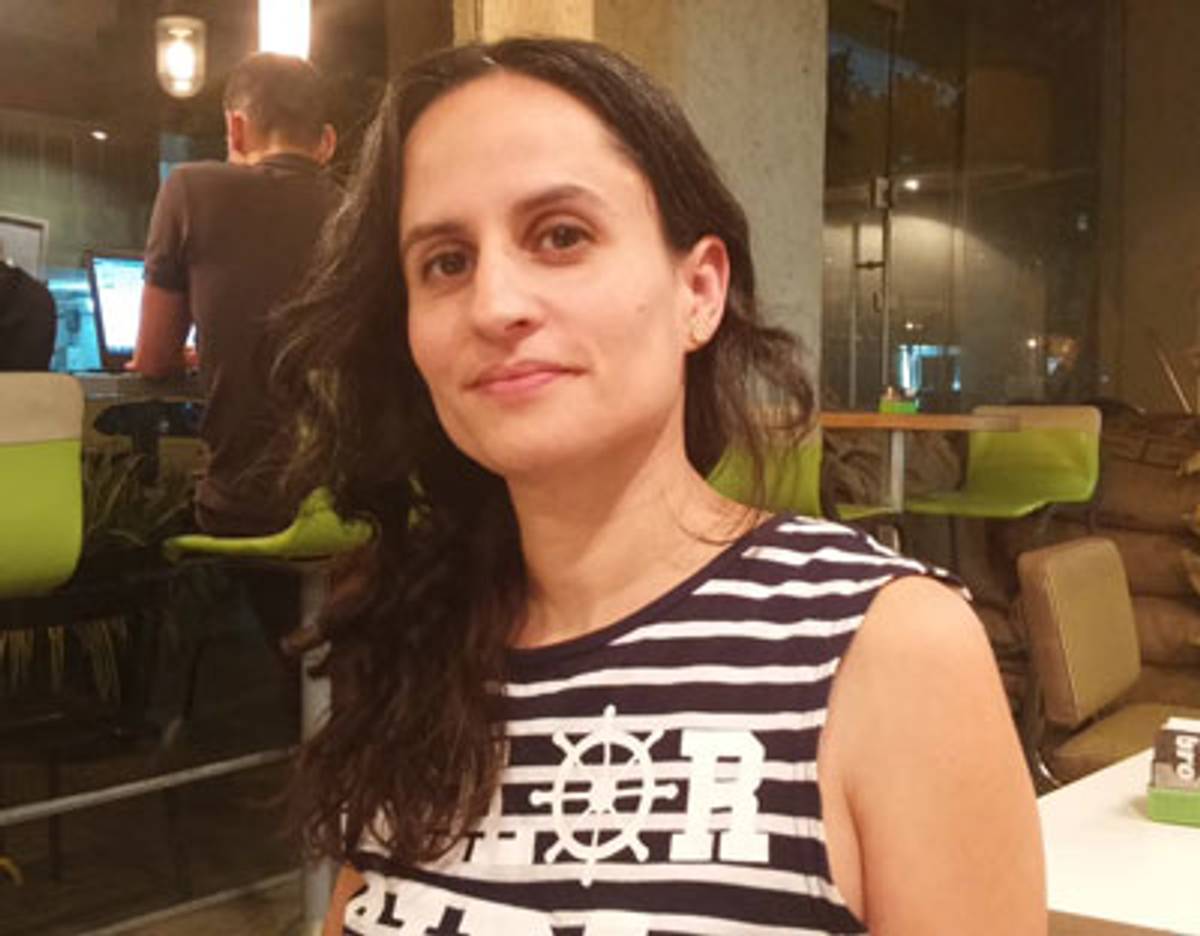
There’s no good evidence for this theory, but that doesn’t mean that the debate has gone away. On the one side are those who refuse to believe that the Jewish state stole babies from the very families it was supposed to be caring for and who demand proof that anything like this happened. On the other side are some members of the Yemenite community, who, like Ozeri, never really believed that their babies had died. “We know they were taken,” says Ozeri.
The allegations have been investigated by three committees, which examined a total of over 1,000 complaints. All three committees reported that they found no evidence of systematic or institutional wrong-doing. But their findings have been criticized by activists and were never accepted by the Yemenite community.
Recently a group of young, well-educated Yemenite activists has been trying to bring the saga back to the public agenda, demanding what they believe is justice for their parents and grandparents. In 2014, they founded a nonprofit organization, Amram, to further Mizrahi culture, or culture from Arabic-speaking cultures. The babies have become one of the group’s issues, too.
“The first generation of immigrants, our grandparents, was busy just trying to survive, physically and spiritually, in Israeli society,” says Naama Katiee, 39, a high-tech employee, graduate of Tel Aviv University, and leading Amram activist. “The second generation, our parents, wanted just to give us a normal life. But we, the third generation, have had many privileges. And we can, and must, do much more. “
***
In its first few years of existence, the fledgling State of Israel was in a state of desperate chaos. The scars of the War of Independence were fresh, and the tragedies of the immigrants who had survived the Holocaust, together with the needs of the immigrants from the Arabic-speaking countries, some of them illiterate and destitute, threatened to overwhelm the country. When Israel was founded, its population was about 600,000; within a few years, the state absorbed over a million immigrants.
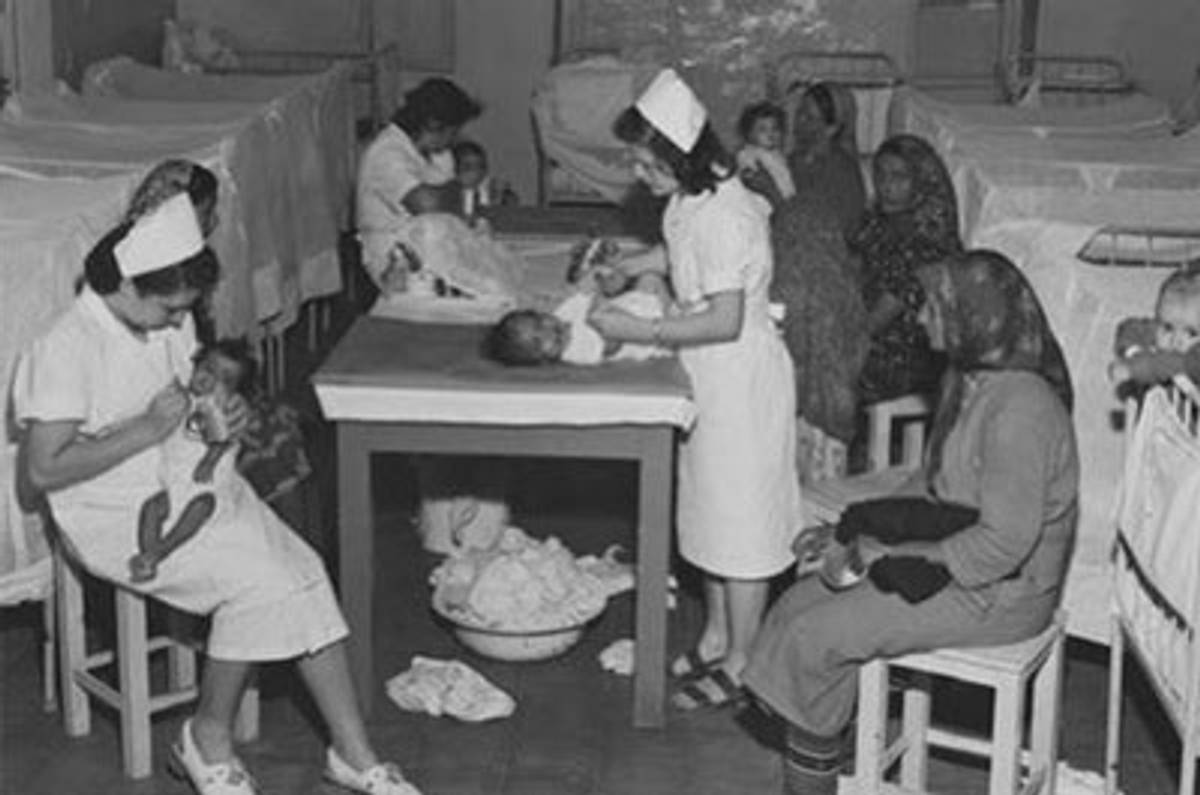
Between June 1949 and September 1950, Israel airlifted 50,000 Yemenite Jews to Israel and housed them in flimsy tents in hastily erected transit camps. The winters were hard, cold, and muddy, and the summer were scathingly hot. Medical services were inadequate, there was no work and not enough food, and record-keeping was poor and inconsistent.
Shifra Shvarts, of Ben Gurion University, who has researched the early years of Israel’s medical system, said that she never found “even a shred of evidence” that there was any systematic kidnapping. “I have examined some 30,000-40,000 files form that period,” she said. “It is inconceivable that, if so many babies had indeed been kidnapped, I would not have found even a single document that proves it. But I did not.” She did find “doctors, nurses, and patients who came from different countries and cultures and could not even communicate in a common language, and almost total chaos.”
Ami Hovav, a private investigator who served the first two commissions that examined the fate of the Yemenite babies, also said “there were no kidnappings.” Speaking on an Israeli TV program in 2013, Hovav said that he’d investigated 650 cases of missing babies, and he was unable to solve 80 of those cases; the rest of the babies died, “except for a few dozen who were put up for adoption when their parents could not be traced.”
“I myself am a Yemenite,” he said. “I wanted to find justice. But I never found even a hint of the kidnappings. Babies were transferred from nurseries and hospitals, with staff and patients who couldn’t speak the same language.” On the program, he showed pictures of Yemenite babies at the time, saying, “Look, they were like skeletons! They were suffering from malnutrition and all sorts of terrible diseases. Yes, it is terrible that the parents were not informed. But you must remember what the situation in the country was like.”
***
To the general public, the saga of the Yemenite babies, if it were thought of at all, was largely regarded as an urban legend. But within the community, the painful story was always present: talked about at family gatherings, mentioned at weddings, brought up in chance meetings on the streets, discussed in the synagogues on Sabbaths and holidays.
By the 1960s, the mainstream media had begun to take notice. Some parents of the allegedly deceased children said they received draft notices for mandatory conscription—an indication to them that although the parents had been told that the children had died, no death certificates had been filed.
In the mid-1960s, the story of Miriam Shukar was widely publicized. As an infant, Shukar was given up for adoption, without her parents’ permission. Her biological father never stopped searching for her and finally found her in 1968. The first committee of inquiry about the Yemenite babies, which issued its findings that year, determined that the adoption was legal, apparently based on their assessment that the authorities did not know that her parents were looking for her.
Was Miriam Shukar’s story the exception that proves that there never was a rule—that there were no mass kidnappings? Is it proof that the chaos of the time overcame even the best of intentions? Or does it prove that babies were, indeed, deliberately taken away from Yemenite families and handed over to Ashkenazi families?
To Benjamin Ozeri, Salame’s husband, the answer is clear. “The state took our babies,” he said. “They had no choice. There was no money in the country. No food, no work. The country had to sell our babies so that we could build the country. Our son helped build the State of Israel.”
***
Of the three commissions, only the third, convened in 1995, which published its results in 2001, was formally appointed by the courts as a Commission of Investigation, with the power to subpoena witnesses and officials. After examining all of the complaints and interviewing numerous officials from the years 1948-1952, the Kedmi Committee (named after its head, former Chief Justice Yaakov Kedmi) determined that documentation exists for 972 of the 1,033 missing children whose cases were investigated by the three commissions. Five additional missing babies were found to be alive. The commission was unable to discover what happened in another 56 cases.
The commission acknowledged that none of the parents had seen their children’s bodies or graves. Despite its potentially wide-reaching powers, the Kedmi Commission did not exhume any of the bodies; it did, however, examine two cases in which graves of “Yemenite children” were opened. In the one case, the bones of a child were discovered. Erosion was blamed for the fact that bones were missing from the other graves. In the other, the graves were found to contain the bones of young children, but DNA testing did not match to any of the parents. Most of the graves were not marked.
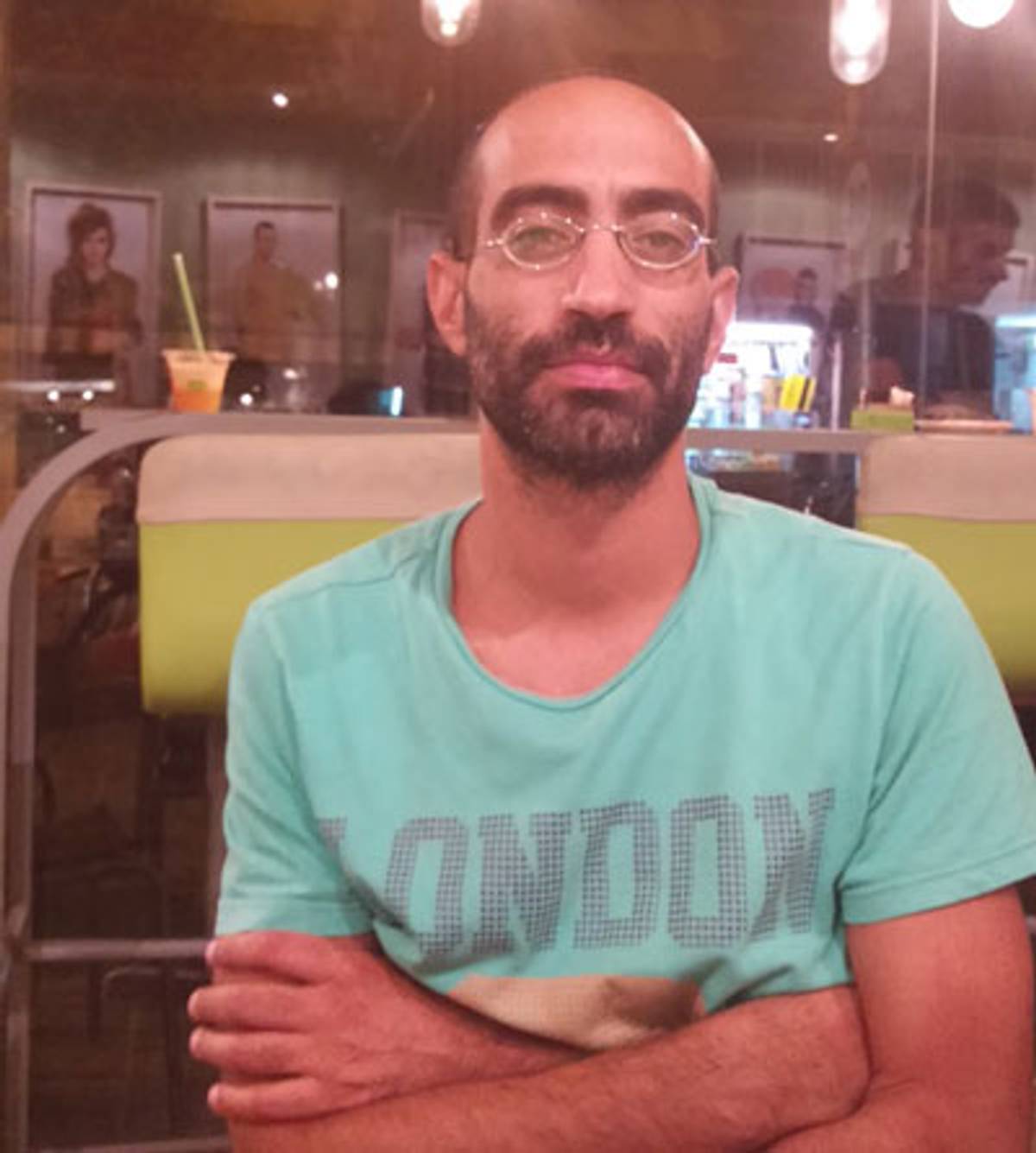
However, acting within its authority as court-appointed commission, the Kedmi Commission sealed the protocols of most of the interviews with state officials until the year 2066. Today, there is no one to officially speak for the commission, which was disbanded soon after it filed its report. Chief Justice (ret.) Yaakov Kedmi did not respond to Tablet’s requests for an interview or response.
Unsurprisingly, the decision to seal the records deepened a belief in the conspiracy theories. Rafi Shoubali, a dentist from Petach Tikvah who has taken upon himself to review the testimonies and the protocols that are available to the public, said that the records have been sealed to hide the fact that the state committed an “organized crime against the children. … Everyone knew about this—doctors, nurses, judges, intermediaries, judges. Some of the children were taken by Jewish families in America and Canada—which means that this was international trafficking, which is also a criminal offense. And the pre-state organizations, which were struggling among themselves for influence, funds and power, were also complicit. Some were fueled by racist ideology, and others by greed.”
Also contributing to the belief in the conspiracy, said Dov Levitan of Bar Ilan University, was “the condescending attitude toward the new arrivals that led to carelessness and disregard in tracking down the children and their parents.” Speaking at a conference on the topic, Levitan said that “there was no evidence of an organized conspiracy to spirit away Yemenite children. Most of the disappeared children did die. Infant mortality in Yemen at the time was greater than 50 percent, and the Jews had walked for days or weeks before they were flown to Israel from the British protectorate of Aden. Many adults and most children were malnourished and ill.”
“Even taken at face value,” said Boaz Sangero, a criminologist at the College of Law and Business in Ramat Gan, “the commission’s conclusions are unacceptable. Close to 1,000 children died and the parents were never allowed to see their bodies or graves? Even if true, this reveals an unconceivable disdain towards the families on the part of the authorities, and should be cause for skepticism and suspicion.”
In a still-controversial opinion piece published in July 2013, TV personality Yaron London noted that not even one of the ostensibly kidnapped children searched for his biological parents. Is it reasonable, he asked rhetorically, to assume that not even one of the hundreds or even thousands of parents of the “kidnapped” children told his son or daughter about the real circumstances of the adoption? And how is it, he continued, that not even one person has ever been accused of kidnapping?
“Logic would tell us that there is a possibility—if not a certainty—that these babies died, and their names were swallowed up in the terrible chaos in the immigrant camps,” he wrote.
But Shlomi Hatuka, 37, a math teacher, poet, and leading activist in Amram, offered on explanation for why the children have not come forward. “In most cases,” she said, “the adoptive parents enveloped these children in love and gave them everything they could. And most of them were told that their birth-parents had abandoned them.”
And Naama Katiee is outraged by London’s arguments. “How dare London doubt an entire community?” she demanded. “People like London, who belong to the powerful upper class, think that they can continue to deny justice to our parents and grandparents.” Against the commissions, and all their evidence, she has evidence of her own, evidence that to her seems unignorable, even if it’s ultimately not persuasive: “We know what happened. We have grown up with our parents’ and grandparents’ pain.”
***
Like this article? Sign up for our Daily Digest to get Tablet Magazine’s new content in your inbox each morning.
Eetta Prince-Gibson, former editor-in-chief of the Jerusalem Report, is based in Jerusalem